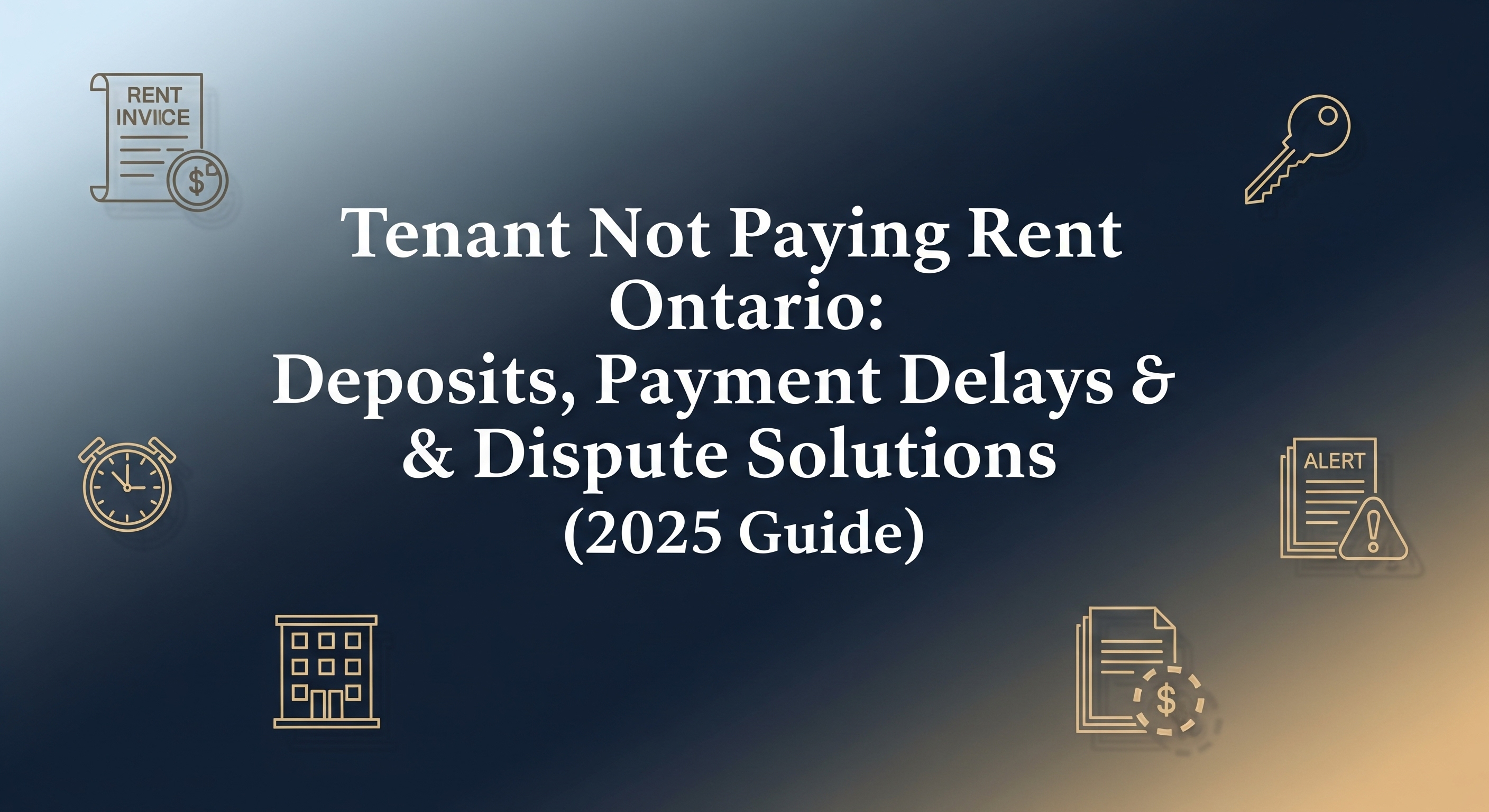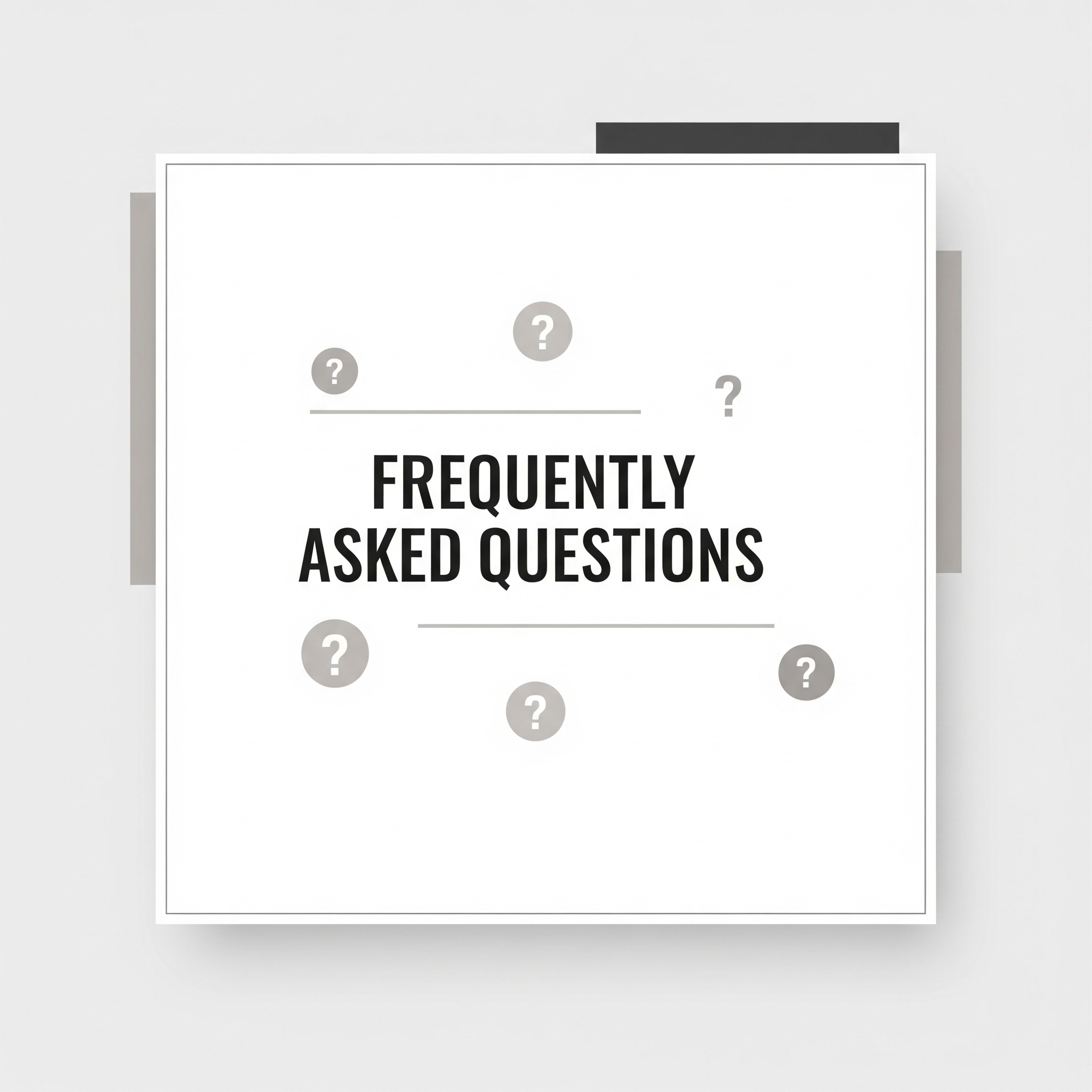


In Ontario’s tight rental market, staying on top of your rent obligations is more than just financial responsibility—it’s legal protection. A recent report from the Canada Mortgage and Housing Corporation (CMHC) found that nearly 31% of tenant not paying rent Ontario stem from misunderstandings, including issues like late rent, first and last month rent Ontario rules, or non-payment altogether.
Whether you're a new renter, switching homes, or navigating a conflict with your landlord, this guide breaks down the facts around room for rent Ontario agreements, payment expectations, and what happens if rent isn't paid. We’ll also share legal protections for both tenants and landlords under the Residential Tenancies Act (RTA), plus some digital solutions for smarter rent handling.
Understanding what you're expected to pay (and when) under Ontario law is key to avoiding disputes.
Here’s what’s standard across Ontario:
Looking for rooms or shared housing? Room for rent Ontario listings still follow the RTA if the landlord doesn’t share the kitchen or bathroom. Otherwise, different rules may apply under non-standard living arrangements.
Even well-meaning tenants can run into rent trouble. Let’s look at why:
1. Unclear Lease Terms
Some landlords fail to explain when first and last month rent in Ontario is due, or misrepresent the deposit rules—leading to disagreements right at move-in.
2. Payment Timing Confusion
Tenants may assume there's a grace period, but rent is due on the due date, not a few days later. Tenant not paying rent Ontario complaints often start with repeated late payments.
3. Job Loss or Financial Crisis
When a tenant can’t pay rent Ontario, it can trigger eviction processes unless communication and partial payments are arranged.
4. Landlords Not Providing Receipts or Digital Records
Without receipts, tenants can’t prove payment. Apps like TenantPay solve this by offering digital receipts, reminders, and automatic rent reports—reducing disputes significantly.
The Residential Tenancies Act lays out clear steps when rent isn’t paid on time:
Timeline of Events:
But Can You Go to Jail for Not Paying Rent in Ontario?
No. Failure to pay rent in Ontario is a civil issue, not criminal. That said, unpaid rent can go to collections, affect your credit score, or lead to garnishment if a Board order is issued.
Tenants now have more control than ever thanks to fintech tools. Consider platforms like TenantPay, which lets you:
Using a credit card to pay rent in Canada may also provide short-term flexibility—ideal for freelancers or those with irregular incomes. Just watch for interest rates.
If you’re facing a dispute—whether you’re a tenant who paid or a landlord dealing with non-payment—Ontario has structured support systems:
1. Talk First
Always communicate in writing. Try to resolve disputes before involving the Landlord and Tenant Board.
2. Use LTB Resources
3. Get Help
Community legal clinics or platforms like Steps to Justice by CLEO offer free legal guidance for Ontario renters.
➡️ Visit Ontario's official LTB guide
➡️ Check legal info at Steps to Justice
Apps like TenantPay and other digital rent tools now allow:
Especially for shared housing or rooms for rent in Ontario, where informal arrangements are common, these tools reduce misunderstandings and give tenants more protection.
Ontario’s rental rules are designed to protect both landlords and tenants—but only if everyone understands their rights and responsibilities. Knowing when first and last month rent Ontario is due, what happens if a tenant not paying rent Ontario, and how to resolve rental dispute Ontario early will save you time, money, and stress.
For added peace of mind, pay rent by credit card Canada. Set up AutoPay rent Ontario, collect TenantPay Points, and protect yourself with digital rent receipts and rent reporting to Equifax.
👉 Book a Demo with TenantPay today and turn your rent into rewards and credit strength.

No. Not paying rent is a civil issue, not a criminal one. You can't go to jail, but you can face eviction or debt collection.
Both are typically due at lease signing. The last month rent Ontario deposit is required to secure the unit and is used for your final month in the unit.
The landlord can issue a Notice to End Tenancy (N4). If the full rent isn't paid within 14 days, they may apply to the Landlord and Tenant Board to evict the tenant.
Yes, through platforms like TenantPay. Many services now allow tenants to pay rent with credit card Canada securely and on time.
Contact your landlord immediately. Offer a partial payment plan, seek emergency rent support from local services, or use a credit card option as a short-term solution.
Yes. Under Ontario law, landlords must provide a receipt for rent upon request—even if you paid by e-transfer or credit card.
Yes. TenantPay, for example, reports rent to Equifax Canada, helping you establish or improve your credit score.
No. Ontario only allows a last month's rent deposit—no other upfront payments are legal under the Residential Tenancies Act.
No. Landlords must follow a process starting with an N4 form and a minimum 14-day waiting period before applying to the LTB.
Bank transfers, receipts, email confirmations, and digital rent payment records from tools like TenantPay are all acceptable.